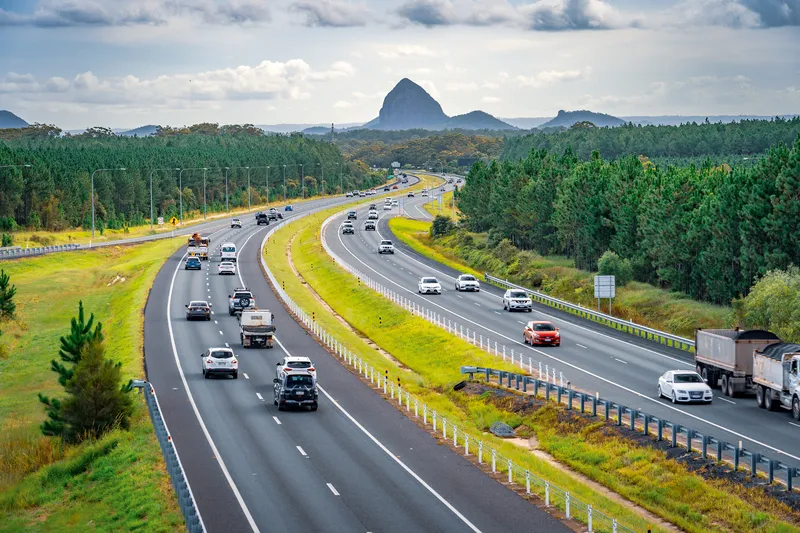The Western Australia Government to provide an investment of US$103 million (AU$129 million) over the next four years for improvements across the State's cycling network. The funding will allow at least 95 kilometres of cycling path to be added to the network, as well as a range of community cycling initiatives. It includes US$44 million (AU$55 million) towards filling gaps on the current Principal Shared Path (PSP) network around Perth and US$23 million (AU$29 million) in grants for local governments.
September 5, 2017
Read time: 2 mins
The Western Australia Government to provide an investment of US$103 million (AU$129 million) over the next four years for improvements across the State's cycling network.
The funding will allow at least 95 kilometres of cycling path to be added to the network, as well as a range of community cycling initiatives.
It includes US$44 million (AU$55 million) towards filling gaps on the current Principal Shared Path (PSP) network around Perth and US$23 million (AU$29 million) in grants for local governments. An additional US$36 millio0n (AU$45 million) will be invested in paths alongside new major road projects over the next four years.
The PSP roll-out will complement the Government's METRONET vision, transforming Perth's transport network with designated paths which cyclists and pedestrians can use to ease their daily commute.
The strategic roll-out will prioritise paths within a 15 kilometre radius of the Perth CBD reinforcing the Government's plan to create a network of well-connected activity centres across Perth.
To ensure a consistent approach to walking and cycling connections across the State, the funding for local governments will help develop bike plans and the delivery of new cycling infrastructure such as shared paths and bike boulevards.
PSPs will also be considered as part of all new major road projects, with paths to be included in the NorthLink WA construction, Roe Highway and Kalamunda Road Interchange upgrade and Reid Highway duplication.
As part of the Government's commitment to cycling, upgrades to secure bike spaces across the rail network are under way.
The funding will allow at least 95 kilometres of cycling path to be added to the network, as well as a range of community cycling initiatives.
It includes US$44 million (AU$55 million) towards filling gaps on the current Principal Shared Path (PSP) network around Perth and US$23 million (AU$29 million) in grants for local governments. An additional US$36 millio0n (AU$45 million) will be invested in paths alongside new major road projects over the next four years.
The PSP roll-out will complement the Government's METRONET vision, transforming Perth's transport network with designated paths which cyclists and pedestrians can use to ease their daily commute.
The strategic roll-out will prioritise paths within a 15 kilometre radius of the Perth CBD reinforcing the Government's plan to create a network of well-connected activity centres across Perth.
To ensure a consistent approach to walking and cycling connections across the State, the funding for local governments will help develop bike plans and the delivery of new cycling infrastructure such as shared paths and bike boulevards.
PSPs will also be considered as part of all new major road projects, with paths to be included in the NorthLink WA construction, Roe Highway and Kalamunda Road Interchange upgrade and Reid Highway duplication.
As part of the Government's commitment to cycling, upgrades to secure bike spaces across the rail network are under way.








